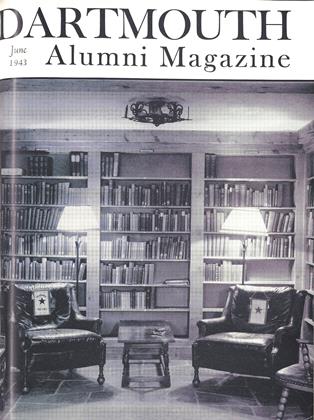Not long ago the New York Times published the result of a quiz directed to some 7000 college freshmen throughout the United States, the answers returned being assumed to be made in good faiththough there is room for the suspicion that in some cases, if not in most, there was a bit of spoofing involved. Certainly it seems difficult to believe that so low a level of intelligence prevails among young people of college age as the published answers revealed.
Rather more surely than in most quizzes, the inquiries made seem to have dealt with matters on which young people of that age should be reasonably well informed, particularly with respect to the history of their own country. Unfortunately the results were not gratifying, and in a surprisingly large number of cases could be described only as grotesque. Considering the present scope of the public educational program, and its staggering expense in most of our states and cities, the fruits of the endeavor should be much better than the Times quiz —assuming it to be honestly responded toshowed themselves to be. It may be excusable if a callow freshman puts down Charles W. Eliot as the author of "Silas Marner"; but to say that Abraham Lincoln "caused" the Civil war by "emaciating (sic) the slaves" impugns both the teaching of history and the teaching of spelling.
At all events the quiz appears to give good ground for the feeling that American history merits more attention from the American colleges than it has been getting. There has been a general assumption that this topic had received adequate attention, along with other fundamentals, in the secondary schools, so that college curricula might profitably deal with other things. But is that true? The Times quiz seems to have shaken many people's belief.
 View Full Issue
View Full Issue
More From This Issue
-
 Article
Article'Round the Girdled Earth
June 1943 By Dick Paul '41 -
 Article
ArticleMOUNTAIN TWILIGHT
June 1943 By LT. CHARLES B. MCLANE,'41 -
 Class Notes
Class Notes1937
June 1943 By JOHN H. DEVLIN JR., FREDERICK K. CASTLE -
 Class Notes
Class Notes1918
June 1943 By ERNEST H. EARLEY, RICHARD A. HOLTON -
 Article
ArticleWar Training and Education
June 1943 -
 Article
ArticleAlumni Council Meeting
June 1943














